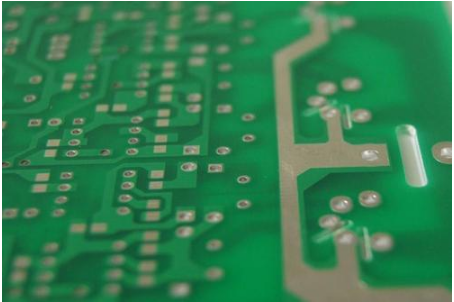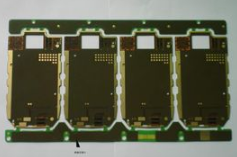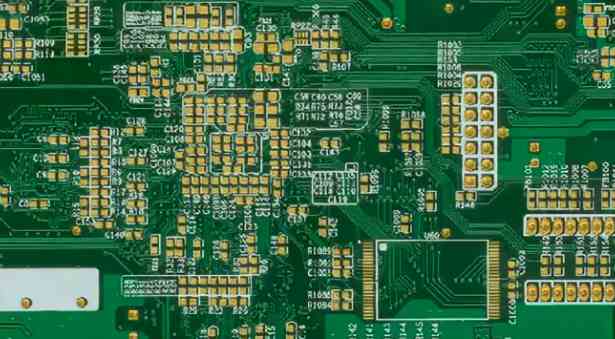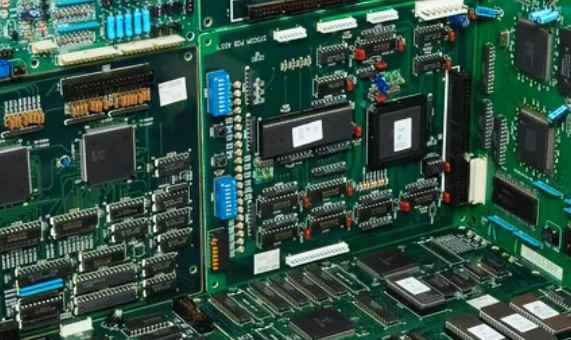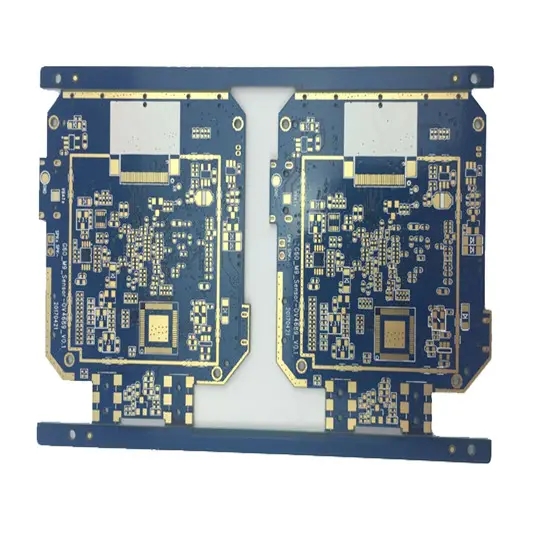
Standardization of pcb proofing tools and integration and derivation of third-party tools
At present, many manufacturers are engaged in the development of electronic design automation (EDA) tools, such as Cadence, Synopsis, MentorGraphics as the main EDA tool suppliers; In addition, there are many other EDA manufacturers. EDA covers a wide range of fields, including network, communication, computer, aerospace, etc.
The products involve system board design, system digital/IF analog/digital analog hybrid/RF simulation design, system IC/ASIC/FPGA design/simulation/verification, software and hardware co design, etc. It is difficult for any EDA supplier to provide the strongest design process to meet the different design needs of various users.
There is no doubt that modern electronic design increasingly relies on EDA tools and technologies. EDA manufacturers adopt the method of product standardization to meet the needs of users. Many designers adopt the strong products of multiple companies in their design process to form the best design process. EDA manufacturers have improved the compatibility of their strong products and the ability to integrate third-party products to meet the potential needs of users.

Derivation technology of PCB proofing
In order to adapt to the needs of users at different levels, manufacturers mainly engaged in civil products often need to develop products of different functions and grades to occupy the market. In the past, we often used different design processes to develop products with different functions, that is, to produce boards with different functions with different design data to realize products.
The disadvantage is that the cost is increased and the design cycle is prolonged, and the artificial unreliable factors of products are increased. Now many manufacturers use derivative technology to solve the above problems, that is, to derive products with different function series from the same design process data, so as to reduce costs and improve quality. In order to meet the needs of users, many EDA manufacturers have added the Derived Rule Check (DRC) function to their products, such as MentorGraphics' BoardStation, Zuken Redac, etc. Taking BoardStation as an example, it provides complete functions, from the allocation of derived function modules in front-end circuit design to the physical layout rule check in the back-end, the generation of component list tables for different derived products, production and processing data Photographic drawing of data and machining assembly drawings completely ends this kind of design puzzle.
PCB manufacturers, PCB designers and PCBA manufacturers will explain the standardization of pcb proofing tools and third-party tool integration and derivative technologies.


